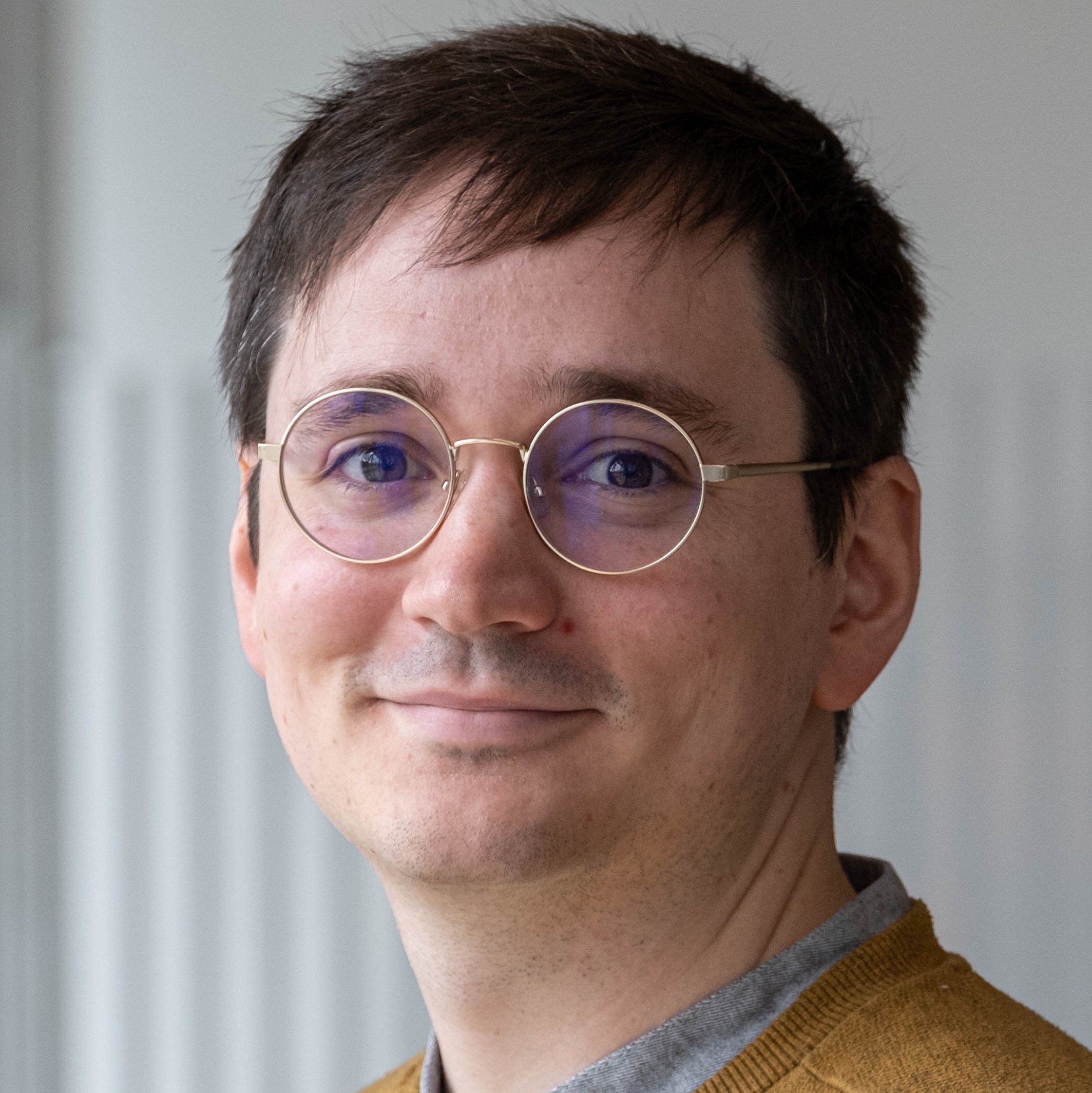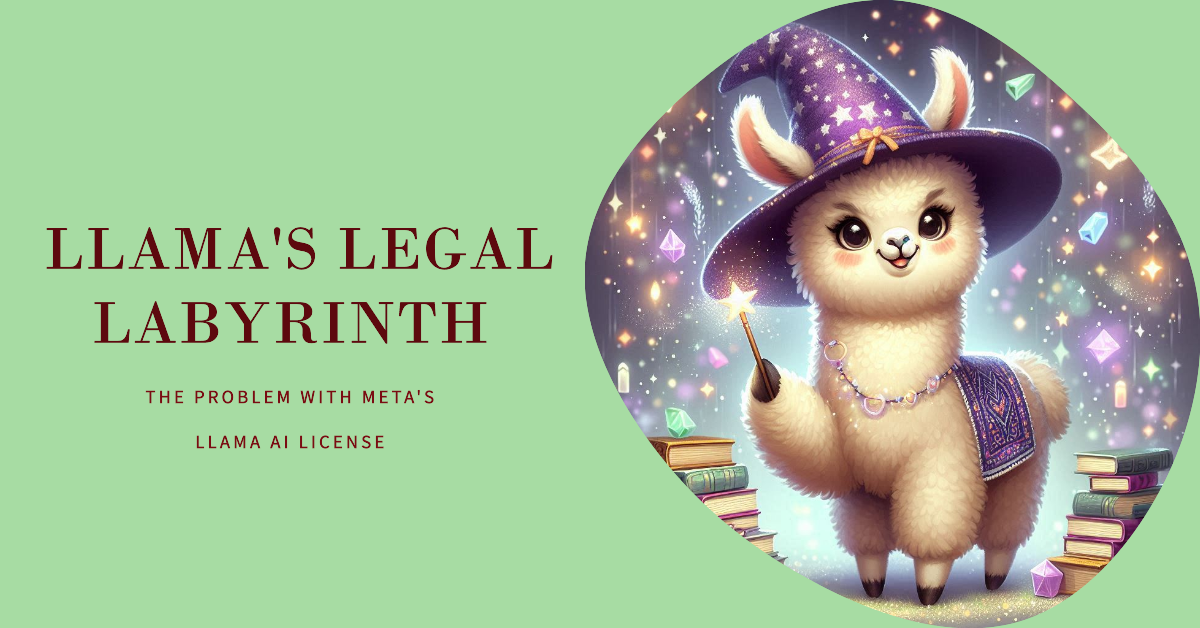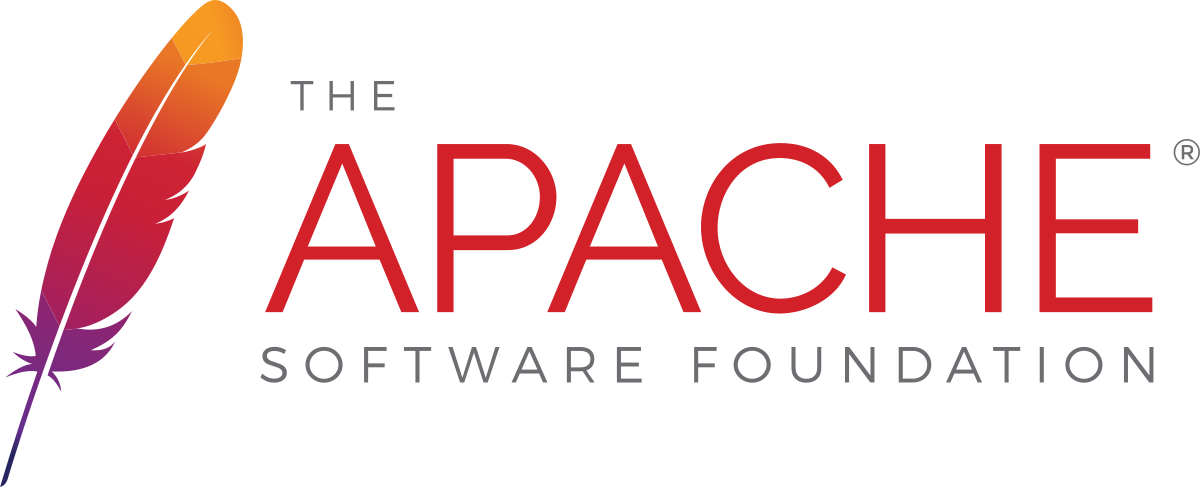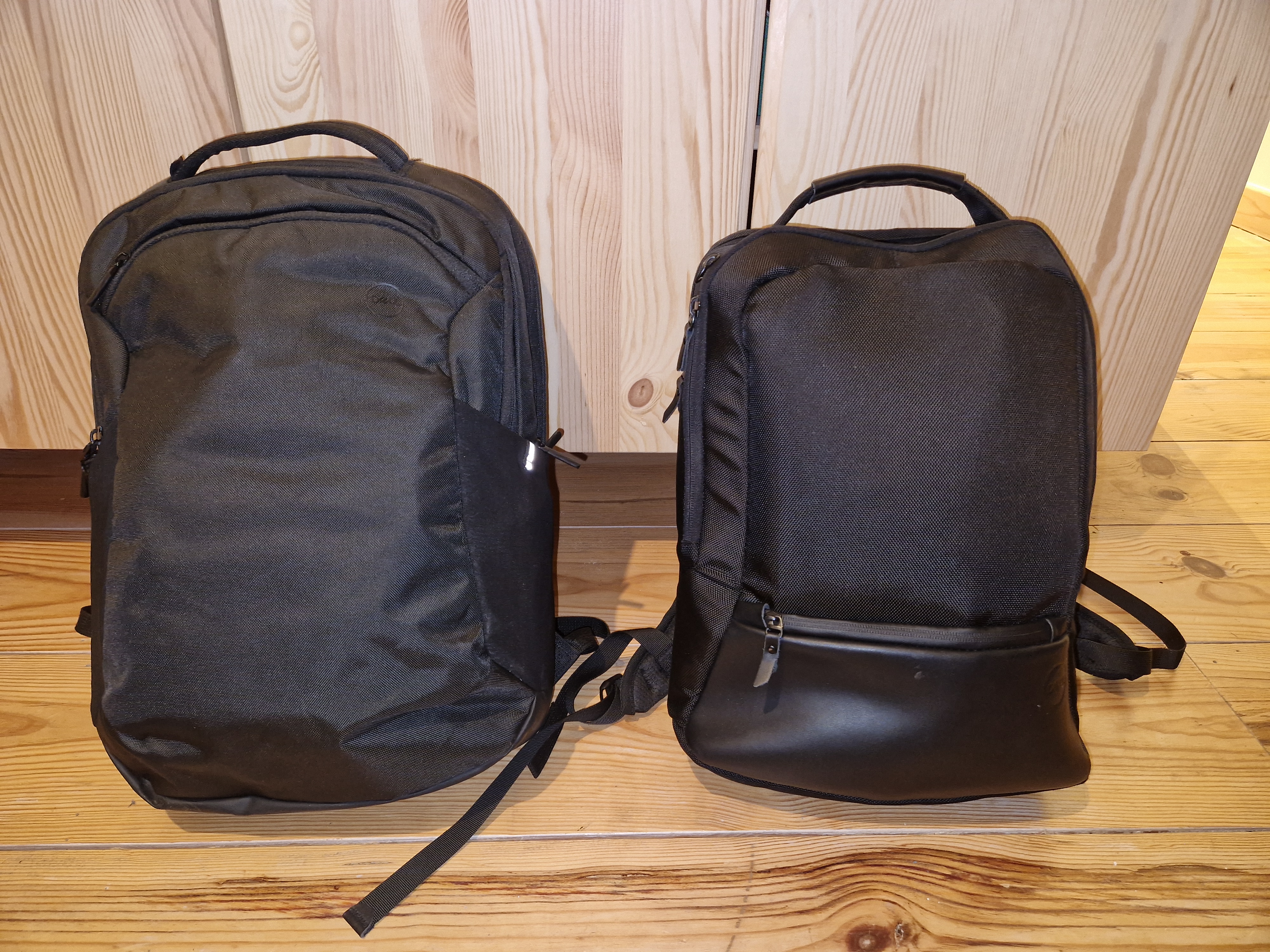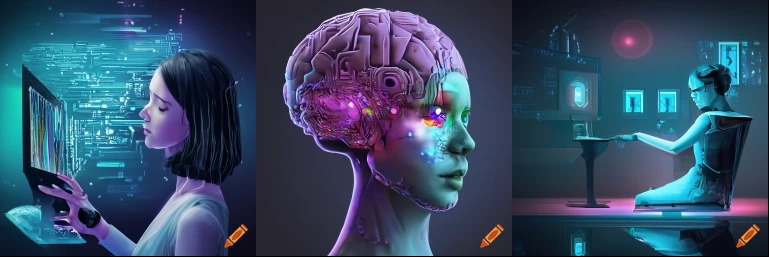When I submitted my first paper, I realized I had no idea who owned my research! Was I authorized to transfer the rights to a journal or did I need someone else’s permission? After some digging, I found the answer and wrote it all up in a neat little document. So here’s the dusted off version, in case it’s useful to anyone else.
In short
Intellectual property (IP) as a PhD student at Ghent University is largely divided into two parts: research results and educational material.
- The IP on research results are automatically transferred to the university, except for literary and artistic works. So you own the papers you write and the university owns the patents you create. The software and databases you create are also owned by the university. This is an exception to the general rule since Software is generally seen as a literary or artistic work.
- The IP on the educational material you create is completely owned by you, except for software and databases. So the course materials and educational books you write are completely owned by you. As a result, your students need to have your permission to copy and sell your course materials.
a) Research Results
Note that different rules might apply if your research is in collaboration with a company or another research institution.
Ghent University Education and Examination Code
Article 85 of the Ghent University Education and Examination Code deals with IP on research results.
§1. In execution of article 4 of the General Research and Co-operation Regulations of Ghent University Association (Algemeen Onderzoeks- en Samenwerkingsreglement van de Associatie Universiteit Gent, AOSR), all doctoral students who are considered voluntary researchers in accordance with article IV.48 of the Codex Higher Education transfer all property rights of their research results to Ghent University upon enrolment. Unless stated otherwise in their contract, all doctoral students are treated as researchers at Ghent University as far as the implementation is concerned of all applicable regulations on the valorization of research results.
§2. The supervisor(s) and the doctoral students see to it that all research results that can create value are reported to the Technology Transfer Office prior to publication in any which shape or form, in accordance with the AOSR.
The document also explains what “research results” are.
The results of research or development efforts, accomplished by the researchers as part of their relation with Ghent University and/or by means of Ghent University resources or equipment. These do not comprise literary works or works of art as intended under the Law on Copyright and Neighbouring Rights of 30 June 1994 (‘Copyright Act’). However, they are considered to comprise computer software or databases which are protected under the Copyright Act and/or the Act of 31 August 1998 which transposed into Belgian law the European Directive of 11 March 1996 on the Legal Protection of Databases (‘Database Act’).
Higher Education Codex
The Higher Education Codex is a Flemish decree governing the higher education in Flanders. It is sadly not available in English, so all translations here are of my own.
Article IV.48.. explains that the university own the IP rights on the research results of its personnel and researchers associated with the university. “Research results” is defined as potentially patentable inventions, (biological) culture products, drawings and models, semiconductor topographies, computer programs and databases that are useable for industrial or agricultural industrial purposes.
Note that this excludes literary works.
Ugent Valorisation Regulation
The Ghent University Valorisation Regulation also talks about the IP of research results. It is sadly also not available in English. It defines what “research results” as “results of research and development that researchers create as part of their relationship with Ghent University and/or using resources of Ghent University”. It explicitly says software and databases are part of research results, but literary works and works of art are not.
De Onderzoeksresultaten zijn de resultaten van onderzoek of ontwikkeling die door de Onderzoekers worden gerealiseerd in het kader van hun relatie met de Universiteit en/of dankzij het gebruik van de universitaire middelen of uitrusting. Werken van letterkunde of kunst in de zin van Boek XI, Titel 5 van het Wetboek van Economisch Recht (de “auteurswet”) maken voor toepassing van onderhavig reglement geen deel uit van de Onderzoeksresultaten. Computerprogramma’s of databanken beschermd krachtens Boek XI, Titel 6 en 7 van het Wetboek van Economisch Recht maken wel deel uit van de Onderzoeksresultaten. Onderzoeksresultaten behaald door een student, bijvoorbeeld in het kader van een afstudeerwerk, behoren ook tot de Onderzoeksresultaten zoals hier gedefinieerd in de mate dat bij de creatie van resultaten van de student beroep gedaan wordt op universitaire middelen.
…
ARTIKEL 2 VERMOGENSRECHTEN OP ONDERZOEKSRESULTATEN 2.1 De vermogensrechten op de Onderzoeksresultaten komen toe aan de Universiteit Gent als rechtspersoon, behoudens andersluidende bepalingen in reglementeringen en/of overeenkomsten goedgekeurd door het Universiteitsbestuur. 2.2 De Universiteit eerbiedigt de morele rechten, inclusief het vaderschapsrecht, die uitsluitend eigendom blijven van de Onderzoekers.
imec Confidentiality Agreement
Researchers at the IDLab research group at Ghent University were asked to personally sign a confidentiality agreement with imec. Since this agreement itself is not publicly available, I will not talk about it further, but you should read it if it applies to you.
b) Educational Materials
Neither the Ghent University Education and Examination Code nor the Ghent University Valorisation Regulation talk about IP rights on educational materials created by employees. As a result, the belgian copyright law applies here.
The Belgian copyright law states that creators of a work own the IP of that work by default, even if it is made as part of their job. The law goes on to say that employment contracts can state that copyright is automatically assigned to the employer in certain conditions.
Auteursrechten ontstaan bij de maker van een werk. Het zal dus de arbeider, bediende of personeelslid onder statuut zijn, en niet de werkgever, die de rechten verwerft op een werk dat door hem is gemaakt in het kader van een arbeidsbetrekking. Deze regel is daarentegen niet van toepassing voor computerprogramma’s, databanken en tekeningen en modellen.
…
Een overeenkomst tot overdracht van auteursrechten, zoals hierboven beschreven, zal slechts geldig zijn met betrekking tot de werken die de werknemer heeft gemaakt in het kader van zijn arbeidsovereenkomst of de hem toevertrouwde opdracht.
The valorisation department of Ghent University confirmed that this is the case; the course materials you create are owned by you.
If you contact the department of valorisation of Ghent University, they will confirm that this is the case: the course materials you create are owned by you.
